Angel Manuel Soto Doubles Down On Promoting ‘Blue Beetle’ With Identity Politics, Questions If It Was Possible To Have A Latino Superhero On A Times Square Billboard
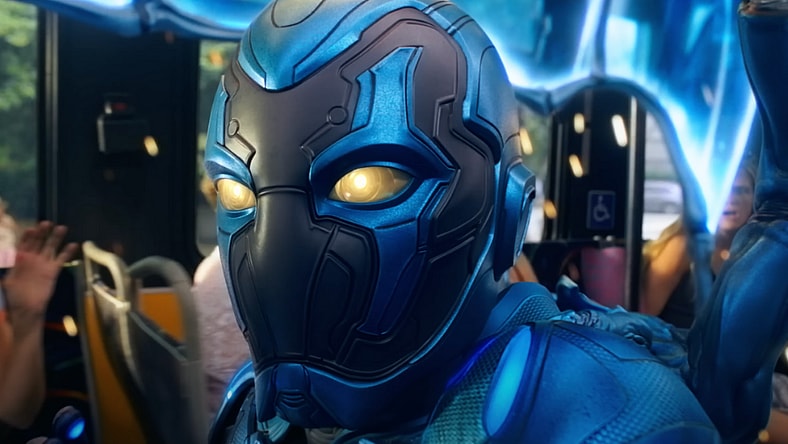
Angel Manuel Soto, the director of Blue Beetle, continued to market the film through identity politics by recently questioning if it was possible to have a Latino superhero on Times Square billboard.
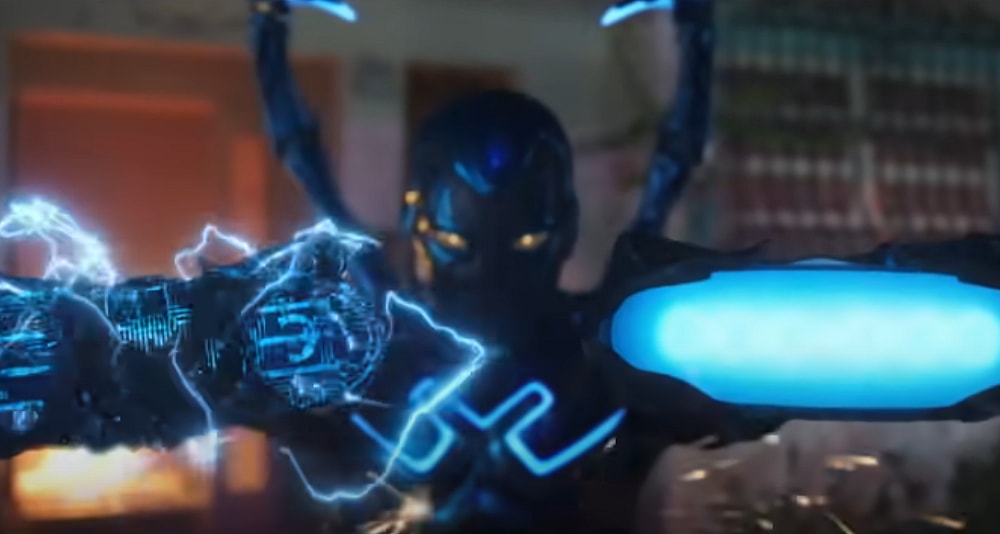
Speaking with TheWrap, Soto stated, “I’m very happy that finally we’re able to see how the whole promotion is being manifested.”
He then specifically pointed to the film’s promotion in Times Square in New York City, “Us seeing a Latino superhero of our own in Times Square is something that, if were think about it, is that even possible? Now it’s happening!”
Soto continued, “Being able to not only be promoted in the areas where our community transmits, but to also be up there with the other big posters and the big movies just shows you the power that we have and that we can also be the heroes that we know we can be.”
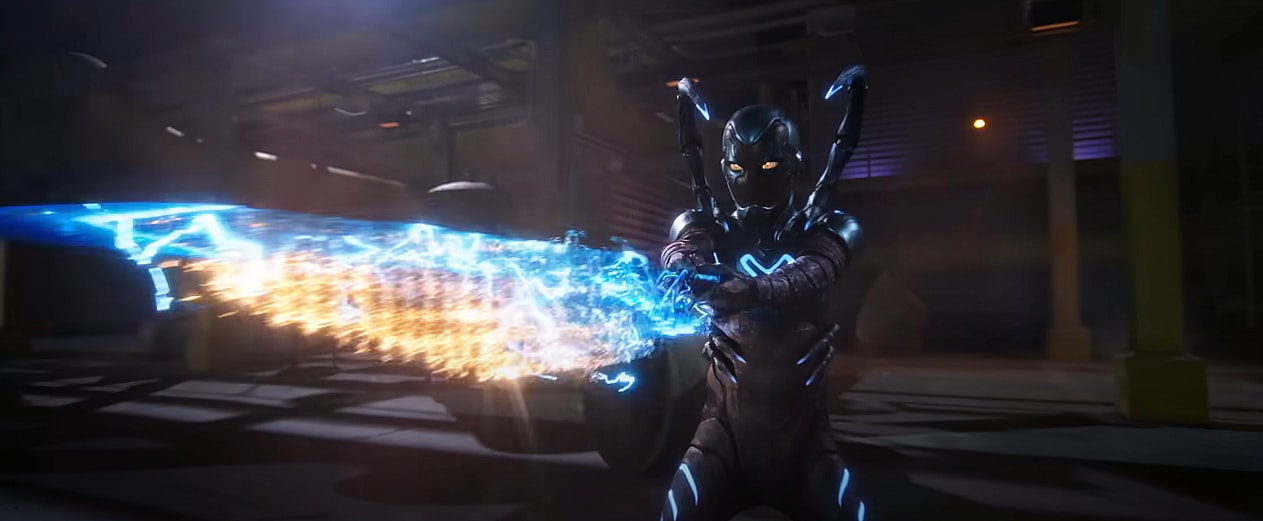
To no one’s surprise, Soto’s comments are completely devoid from reality in an attempt to paint the Latino community as some kind of victims who are unable to get advertisements on Times Square billboards.
Just how devoid from reality are they? In 2022, Marvel Studios promoted Black Panther: Wakanda Forever and their race replaced Namor with huge billboards in Times Square. Actor Tenoch Huerta even shared the billboards to his Twitter account.
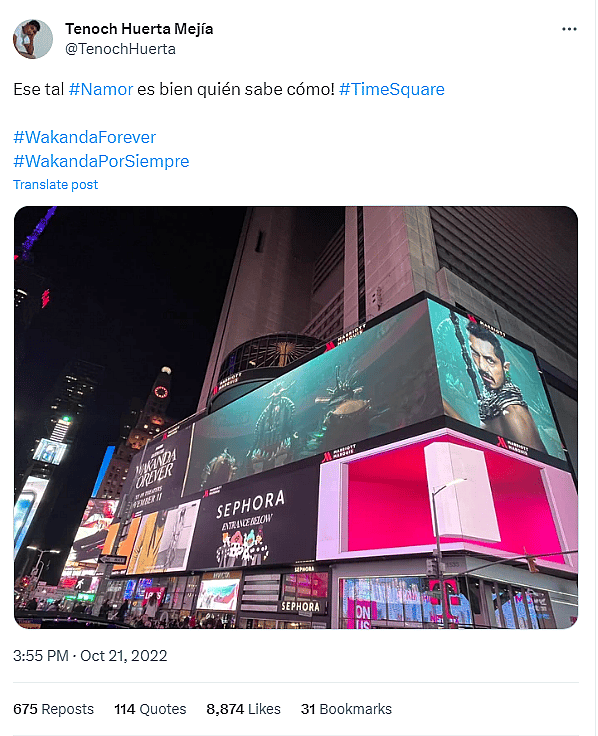
Outside of superheroes, The Walt Disney Company purchased Times Square billboards in 2021 to promote their West Side Story film, which features the Puerto Rican gang the Sharks who vie for dominance against the white gang, the Jets.
One Twitter user back in December 2021 shared an image of the West Side Story promotion on the New York Marriot Marquis, which is located in Times Square.
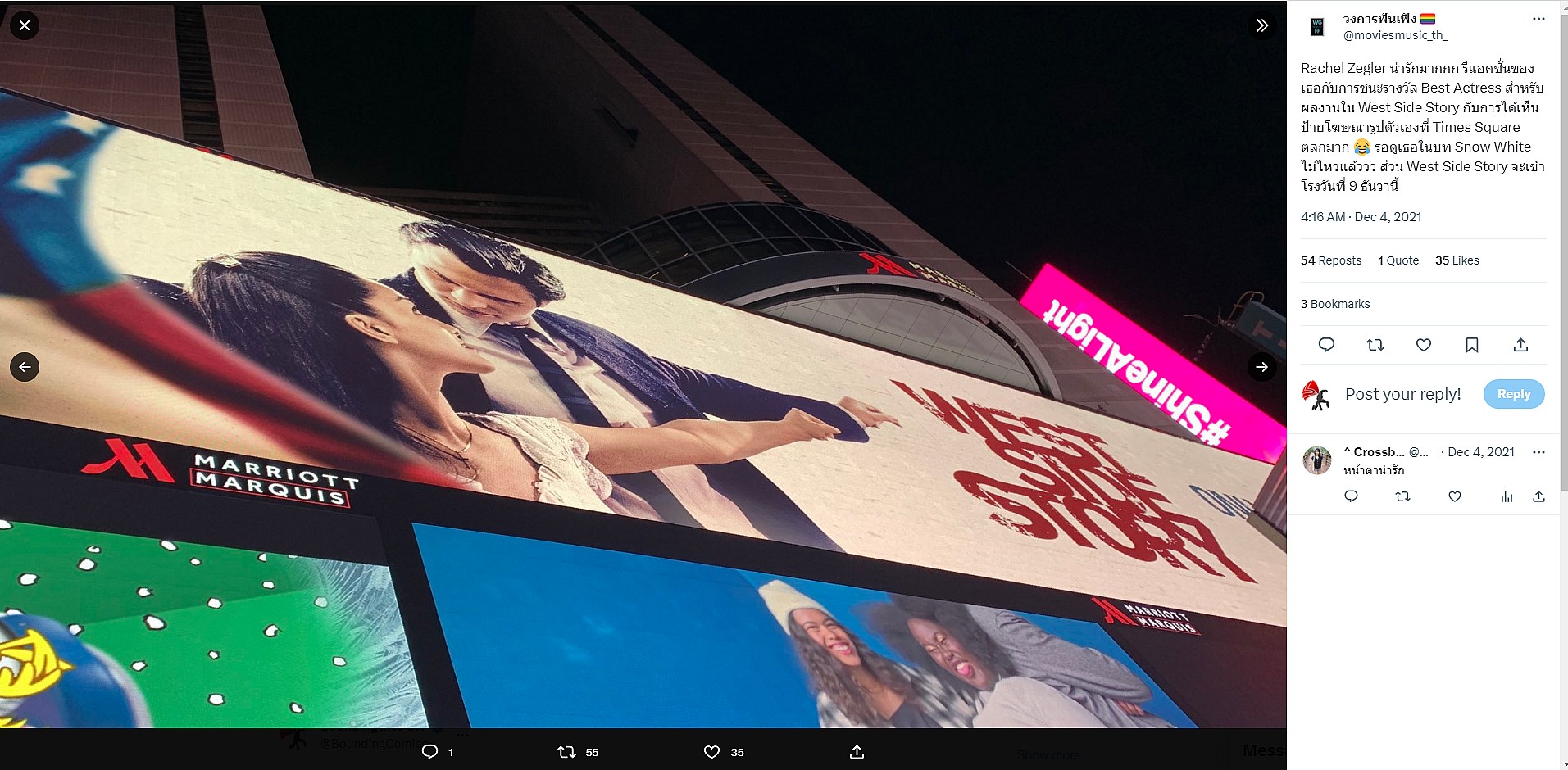
RELATED: Report: ‘Blue Beetle’ To Feature Illegal Immigration Allegory
This isn’t the first time Soto attempted to use identity politics to promote the film. The director confirmed the film features an illegal immigration allegory.
The outlet MovieMaker detailed, “Before the movie begins, the family has immigrated to America from Mexico, but [Jamie Reyes’ father] Alberto doesn’t have documentation, so he’s under the constant threat of deportation.”
“Though the film doesn’t depict an ICE raid, it does include a scene that echoes one,” MovieMaker added. “Kord Industries invades the family’s home in a scene that can play as just another dramatic moment in a superhero movie – or be taken as symbolic of events that tear apart real families.”
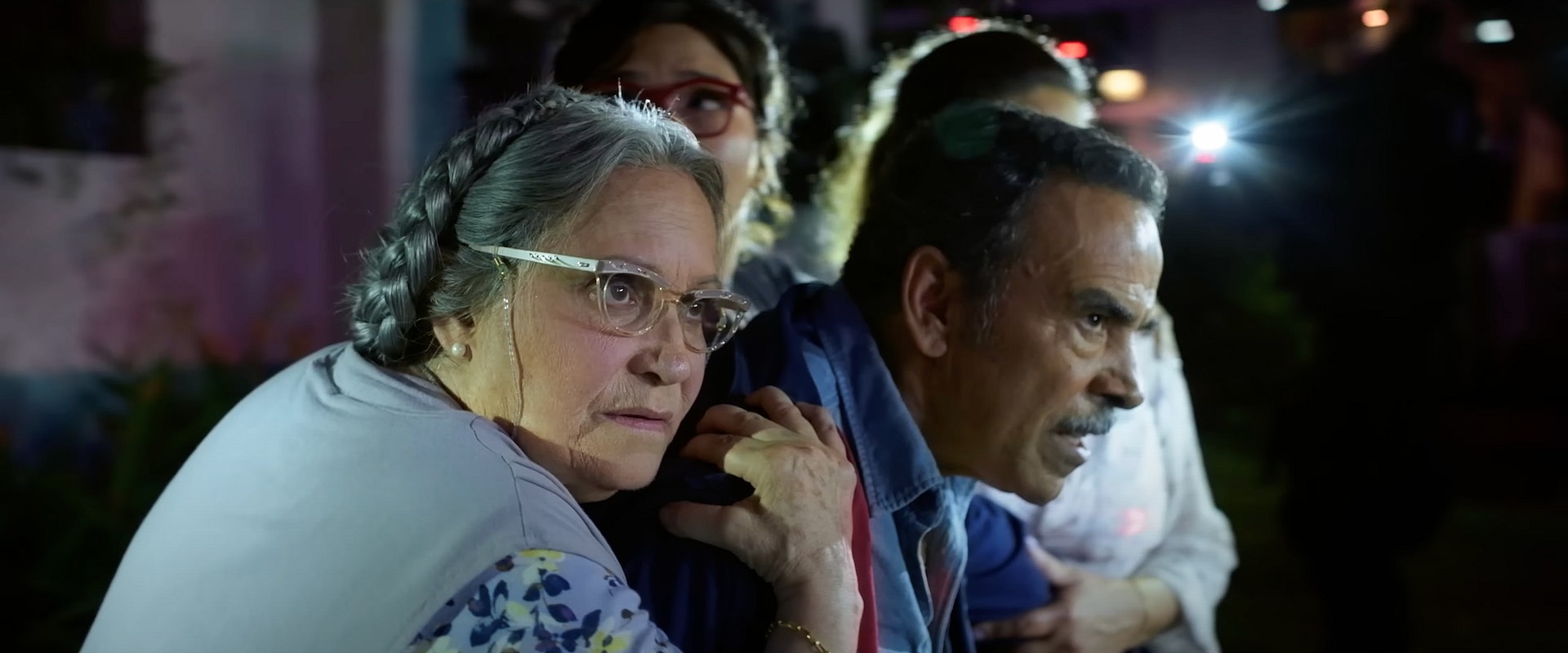
Soto confirmed this scene in the film does indeed exist and that it’s an allegory for illegal immigration. He told MovieMaker, “There is a history that exists before an ICE raid. A history that includes traveling miles, and danger, working hard, becoming a family, creating memories, and thinking that everything is going to be okay.”
“But all of a sudden, everything that you have fought for, everything that you have worked for, everything that you have built, is now burning. I needed the depiction to be triggering, because it’s the experience of many,” he continued.
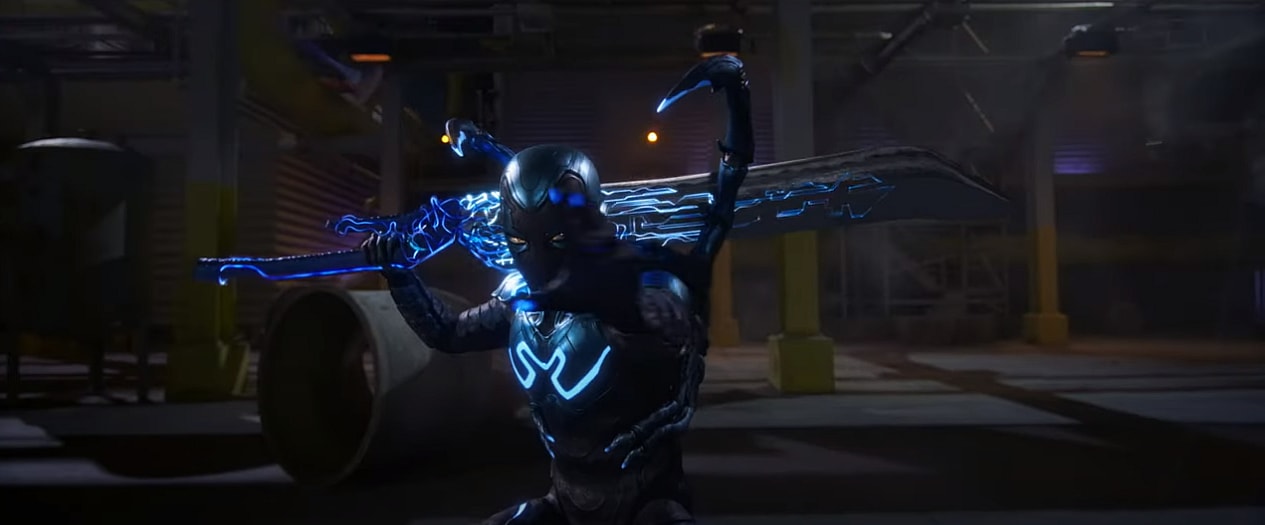
The scene likely includes a racial context given Susan Sarandon previously described her Victoria Kord charcter as the “white military industrial complex” in an interview with Jimmy Fallon in September 2022.
Sarandon stated, “What’s fabulous about [Blue Beetle] is it’s the first Latinx hero that has his own movie. Even better all of the Mexican — because his family is Mexican and all the actors were Mexican and it’s in Spanish so it’s subtitled.””
Sarandon then shared, “I’m, of course, the bad guy. I’m the white military industrial complex.”
“So I had a fabulous time because there’s nothing better than being bad,” she added.
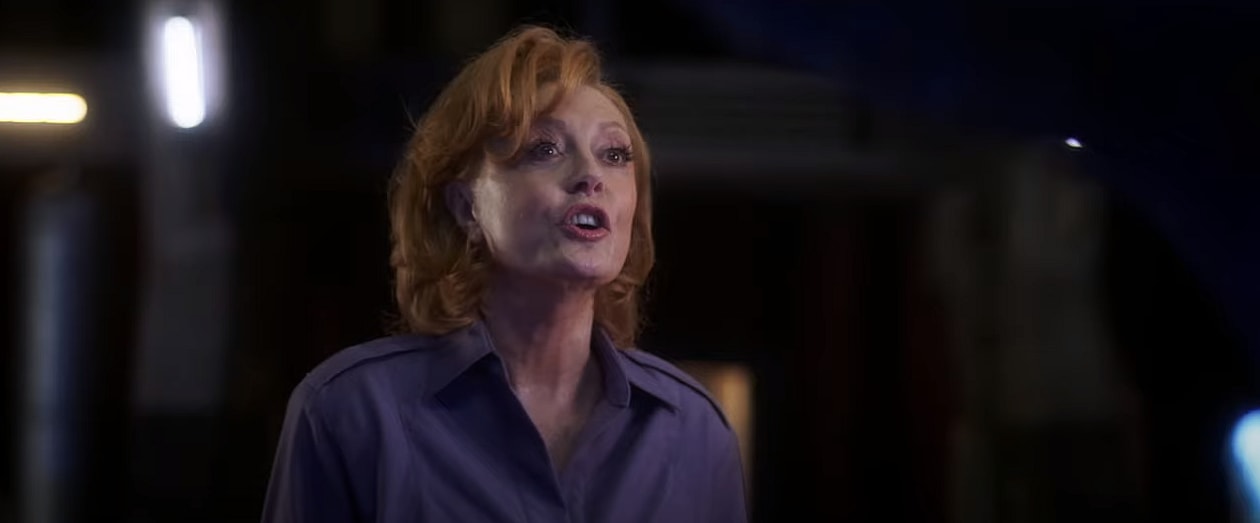
Soto also detailed that the film’s supervillain Carapax is a representation of interventionism in Latin America and the Caribbean.
He told The Playlist, that he sees the character of Bane in this regard, but did not know on whether he would get to work on the character so he took his ideas for Bane and applied them to Blue Beetle’s Carapax.
First, Soto explained his ideas for Bane, “As far as Bane goes, the comics that are about Bane’s story, it felt like he’s very misunderstood much like Carapax in the movie. He is a product of his environment and that history has been buried. The history of the Caribbean, the Antilles. It’s a history that’s brushed off in history books.”
“So for me, it was very important to be seen,” he continued. “And with the character of Bane, the formation of this villain, I think in his own right, he’s also a hero in his story. So whether whatever happens at the end that might have gotten distorted because of what was done to him, I think that what he represents is a lot of the unknown, or forgotten, or brushed under the rug history of interventionism in Latin America and the Caribbean.”
He later revealed he took what he viewed as Bane’s backstory and grafted it on to Carapax in the Blue Beetle film, “But while working on the character of Carapax, I was like, ‘Well, I don’t know if I’ll ever make a Bane movie. Let me take what I loved about Bane, about the backstory that I wanted to explore and let’s give it to Carapax.’ Because part of the idea was that maybe Carapax and Bane came from the same place. Maybe!? I mean Pago Island, right?”
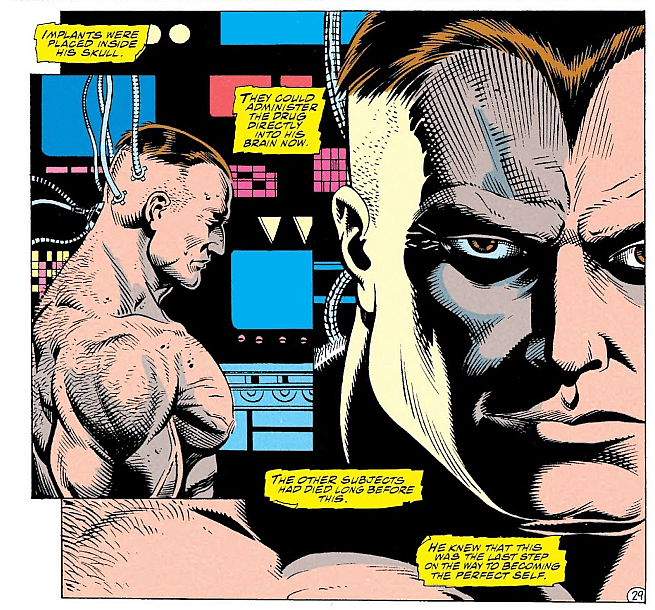
Soto then explained the importance of taking his perceived version of Bane’s backstory and applying it to Carapax, “Because we need it. When we’re introduced to the world in movies, right, where we are seen as villains, it’s just given that we are born that way.”
“And when we talk about the history of Latin America, nobody dares to question, well, what happened before. Okay, well what happened before? More times than none when you go back even before 1954, but if we want to go to 1954 in Guatemala it was U.S. interventionism that drove these places to the miseries that they’re in.”
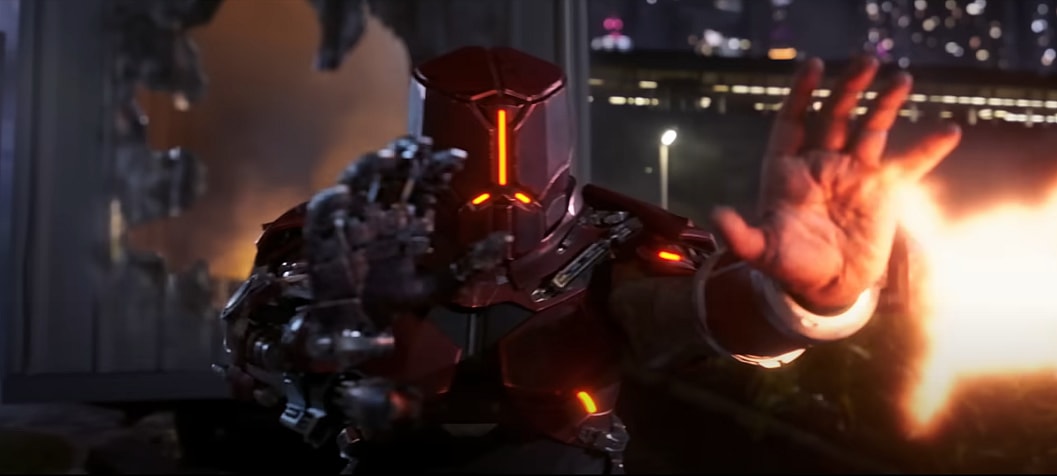
It’s quite likely that Soto’s constant promotion of the film through identity politics and victimhood status is turning moviegoers away from the film. According to Box Office Pro’s latest projections the film is only expected to have an opening weekend between $20 million and $27 million domestically. The outlet also believes the film will only gross between $45 million and $87 million in its entire domestic run.
These predictions are a significant increase from Box Office Pro’s original long-range predictions. The outlet originally predicted the movie would bring in between $12 million and $17 million in its domestic opening weekend and only $27 million and $55 million in its entire domestic run.
However, these new numbers are still very bad given the film has an estimated production budget of $120 million. That means the movie needs to make at least $300 million globally to break even.
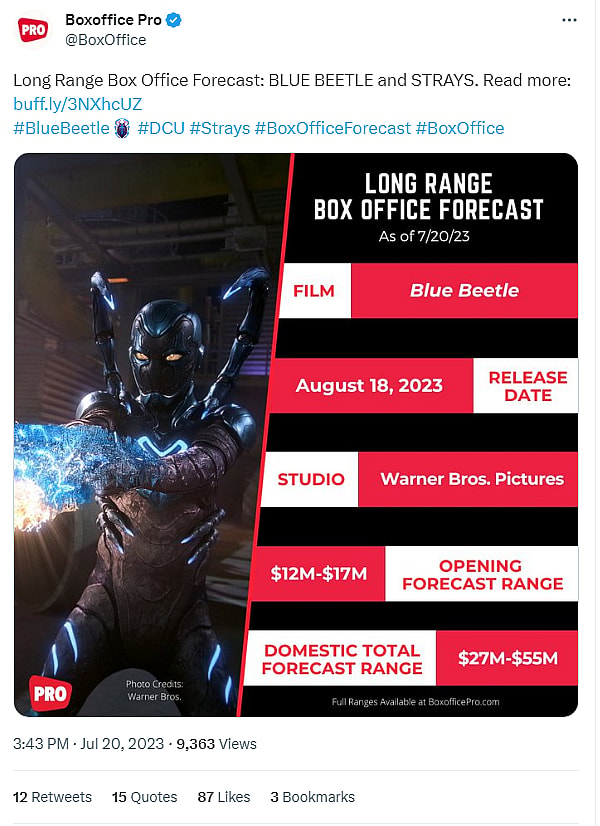
What do you make of Soto questioning if it was possible to have a Latino superhero or character on a Times Square billboard in New York City? What do you make of his constant promotion of this film through identity politics and victimhood?
